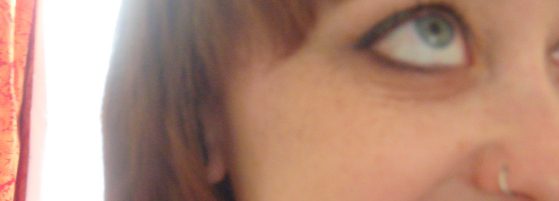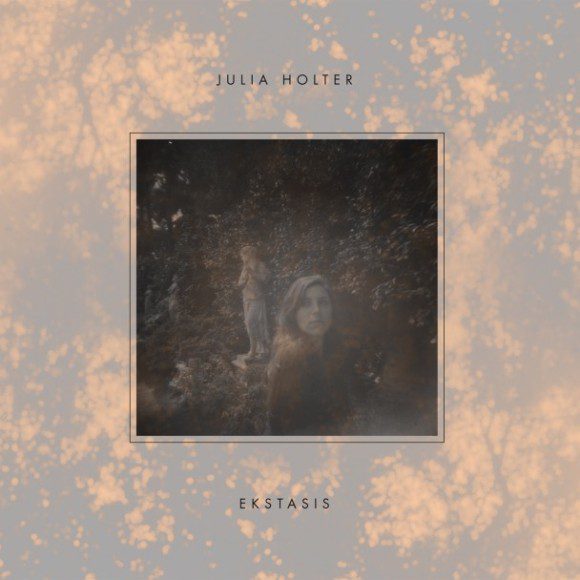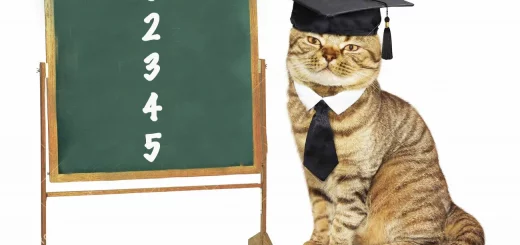Julia Holter: Ekstasis Review (Four Takes)
It can be difficult to gain a balanced perspective on an album after reading a single summary of the music. Bias can tilt a review, as can personal taste, history and just about everything else that is unique to the person writing it. So in an effort to offer an expanded perspective in such a medium, here are Four reactions, Four impressions, Four Takes on Ekstasis by Julia Holter.

Erica K (Oaks)
70/100
Julia Holter is a force of experimental, hippie scholar rock. The tracks on Ekstasis bring out the light in her exposed self-consciousness. Apparent sadness rests just below the surface on track after track of acid jazz sound-clouds and panting mantras. “Goddess Eyes 2,” the most simplistic and beautiful track, beats you up with a chorus of swelling voices that floods into stripped-down drum machine beats. At times this record feels overindulgent, but it’s apparent that the artist made a record to heal herself. It’s worth delving deeper into Ekstasis. Like swimming farther into waters, if only to find out what kind of weird shit goes on in the deep end.
Matt Linden
On her second full-length album, Ekstasis, Julia Holter crafted another collection of expansive and ambitious atmospheric pop songs that showcases both her vocal ability and meticulous song craft. Breaking the 6-minute mark on many songs, she never holds back on her far-reaching ideas and instead lets them fade in and out. They blossom into crackling, floating soundscapes. It’s easy to compare Holter’s ethereal music to that of Julianna Barwick, but where Barwick uses only her vocal loops to create a booming, unfamiliar atmosphere, Holter delivers something more insular and direct. While many acts are emerging in the same space-y, toiling pop vein—Grimes, Frankie Rose, Nite Jewel, to name a few—Holter feels like the most overtly obsessive with her overall delivery.
Above all else, this album is patient. When the songs often come to a virtual stand-still, every new blip or vocal whip feels exactly in place. From the twinkling “Goddess Eyes II” to the more straightforward pop of “In The Same Room,” she is able to cram many, many ideas into the space of only nine songs. In the end, Ekstasis feels like the work of true love and long labor, meticulous in design and thoroughly thought-out in delivery. Holter has stated that her main objective is to create and release music that is not forced, rushed, or shallow, and this record certainly isn’t any of those.
90/100
Jon Jon Scott (Sound Verite)
80/100
Los Angeles’ Julia Holter makes ambient rock with shades of electronica and singer-songwriter fare: part arty dissonance, part ethereal minimalism, and hidden charm in a few spaces. Holter makes, at first glance experimental bedroom music, but it’s a bit more complicated than that. Like her mates Nite Jewel, Grimes, and Julianna Barwick, this new woman-centric sound finds itself wrapped in various colors and sonics and unafraid to add some flavor to indie rocks sameness, perhaps in a different way than the boys before them. They’re not confined to indie rock rules, although they employ them. It’s art for art’s-sake, like “yo watch me do this trick” . . . with an actual song behind it.
Ekstasis opens with the baroque “Marienbad” a mournful ballad laced in esoteric vocal arrangements. The record’s rewarding, emotional centerpiece, “In The Same Room,” holds actual hints of rhythm and surprising hooks. At one point she sings, “I can’t recall his face, but I want to remember.” “Boy In The Moon” is an 8-minute droning exercise before she states, “This plane is taking off.” It surely is: to Deep Space Nine. She goes soft-goth on “Goddess Eyes II” and Kate Bush on “Four Gardens,” a track with a fantastic flourish of medieval chants and melodies as Holter asks, “will you come home, will you come home with me?” Ekstasis closes appropriately with a pretentious 9-minute gallop of free-jazz and a bit of self-importance on “This Is Ekstasis.”
Ekstasis is full of dreamy Cocteau Twins mystique. There’s potential all over the place. Holter strikes me as an artist’s artist; this record won’t threaten Bon Iver, but will place her in a new lane. Holter does have a few accessible moments here, like on “In The Same Room” and “Four Gardens” where she clearly shows great ideas. To put it another way: Laurie Anderson will be impressed. Holter is clearly a new voice, and takes on welcomed exploratory roads that will have us wondering what’s next for the young, talented heroine.
Writer / co-founder












